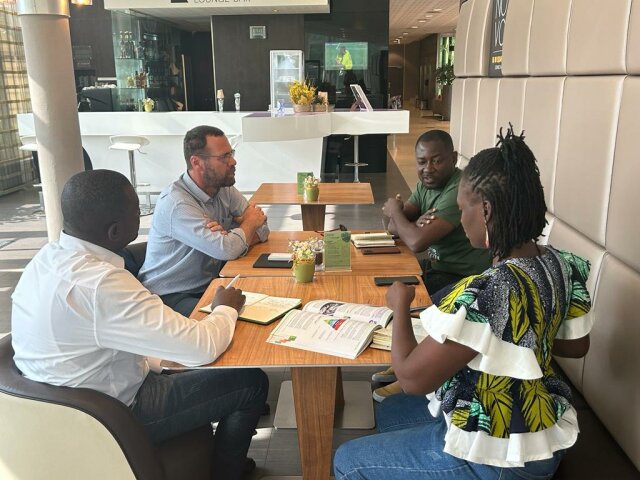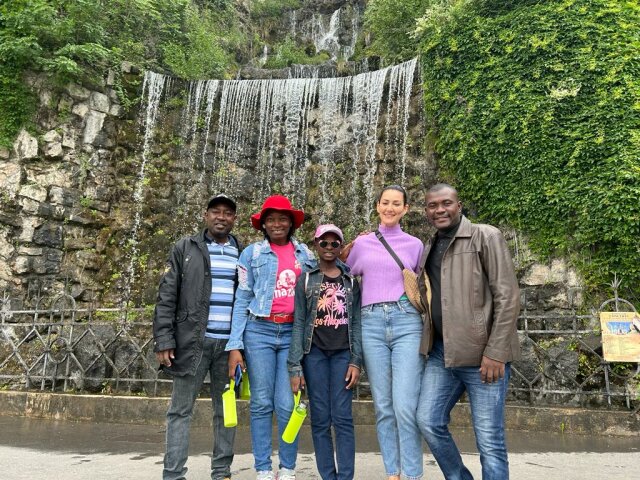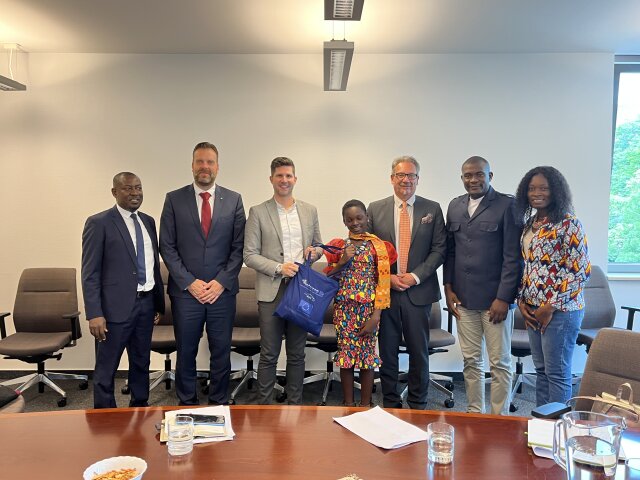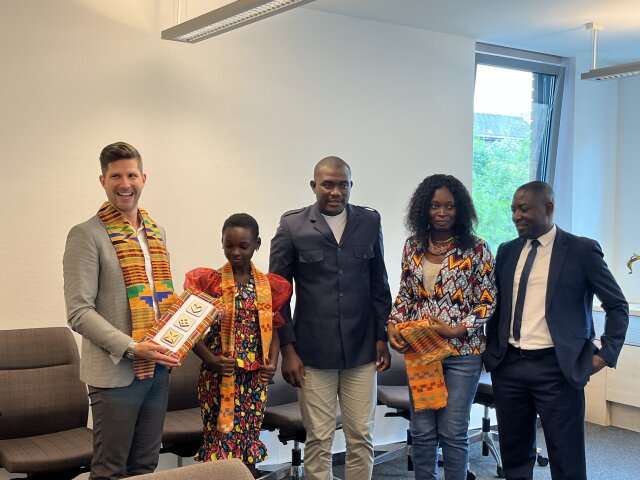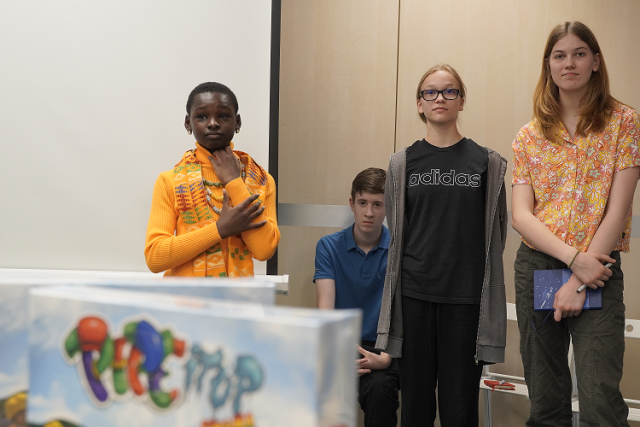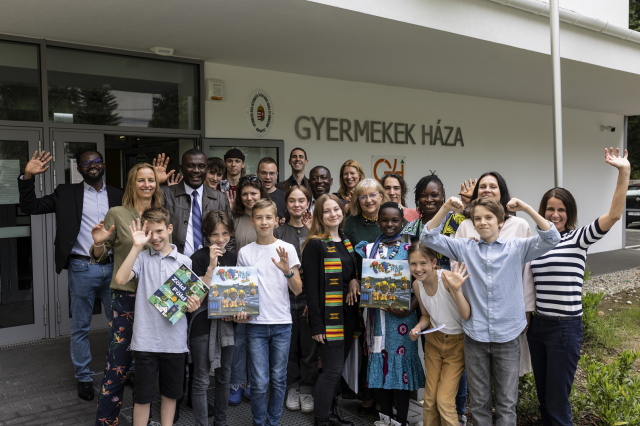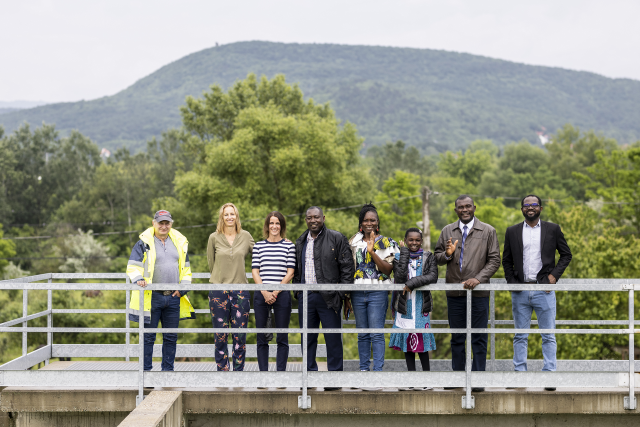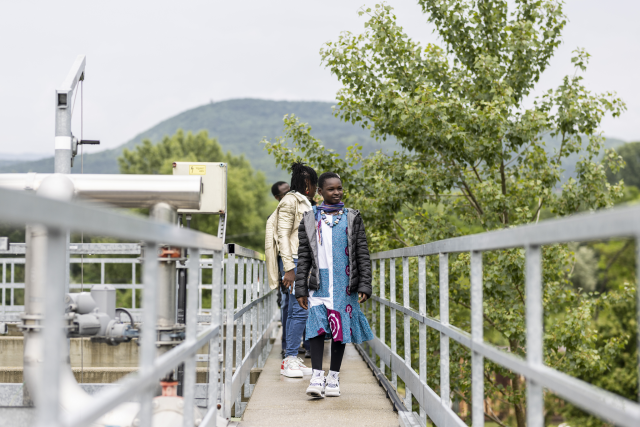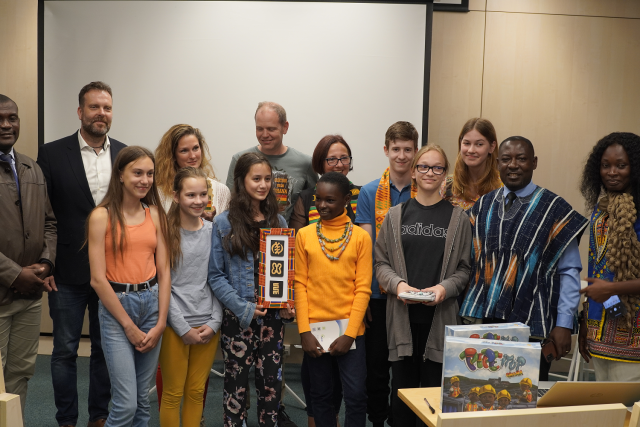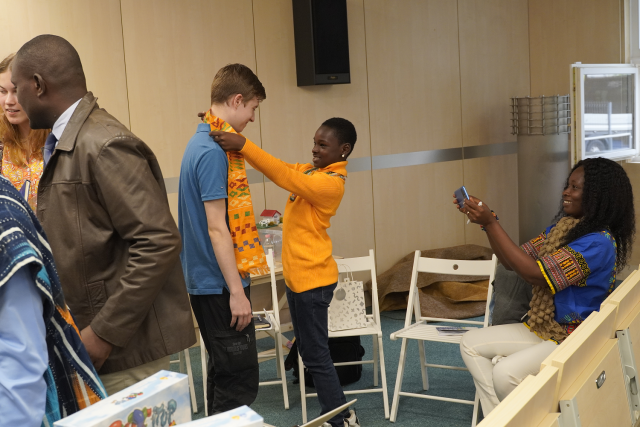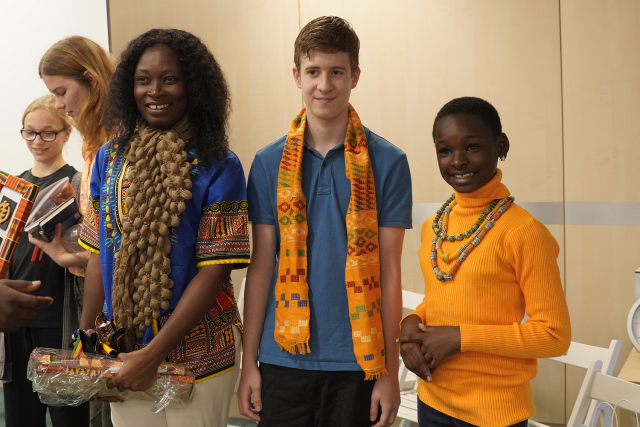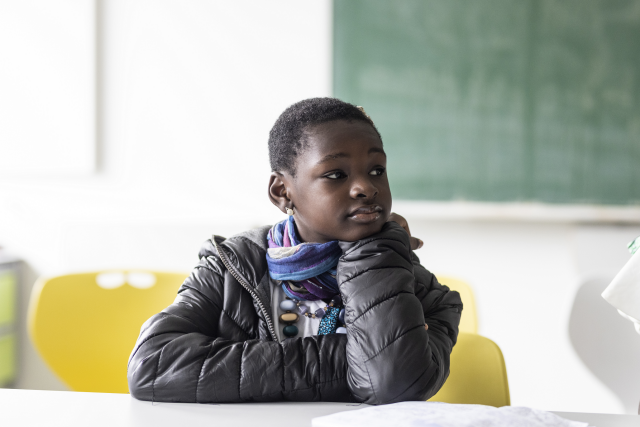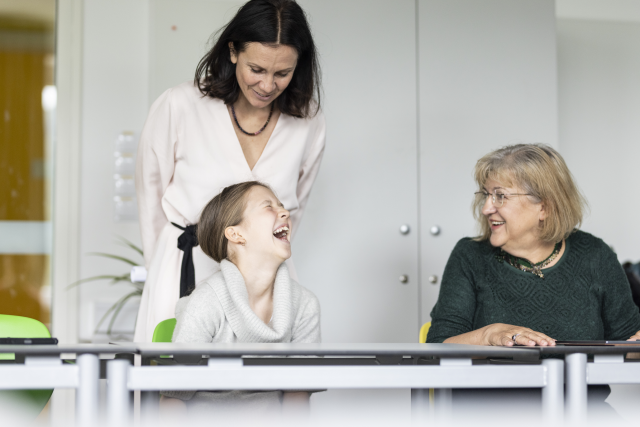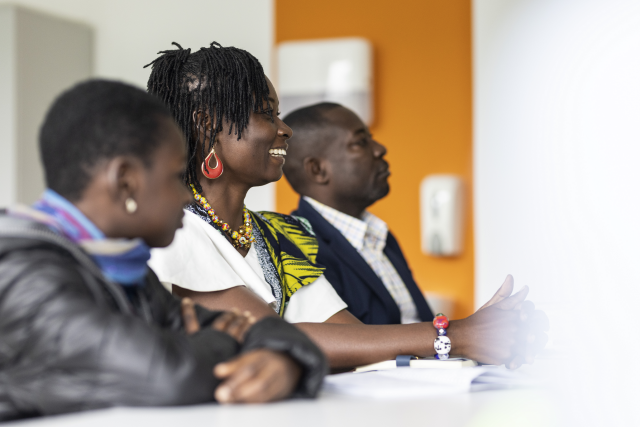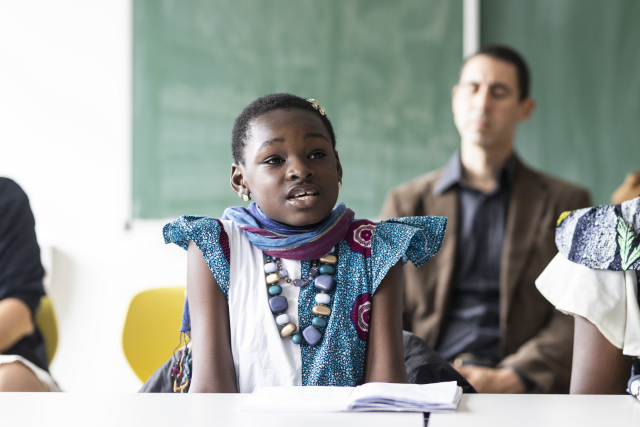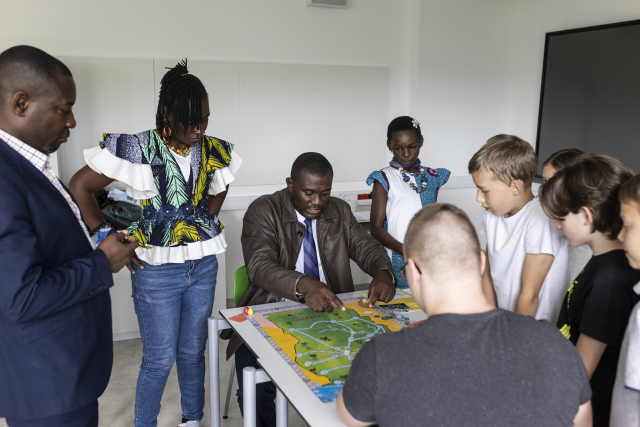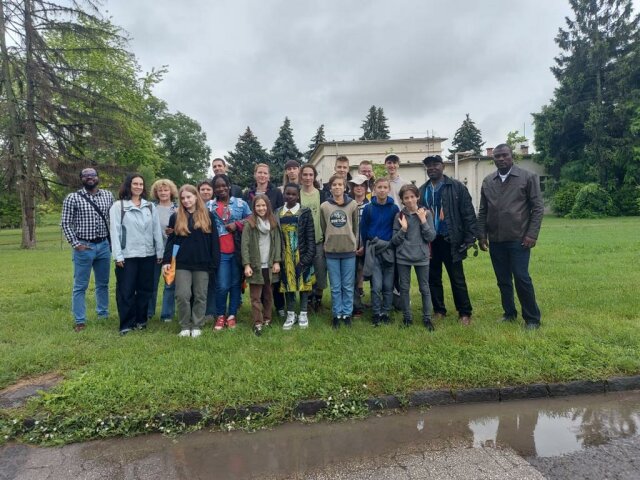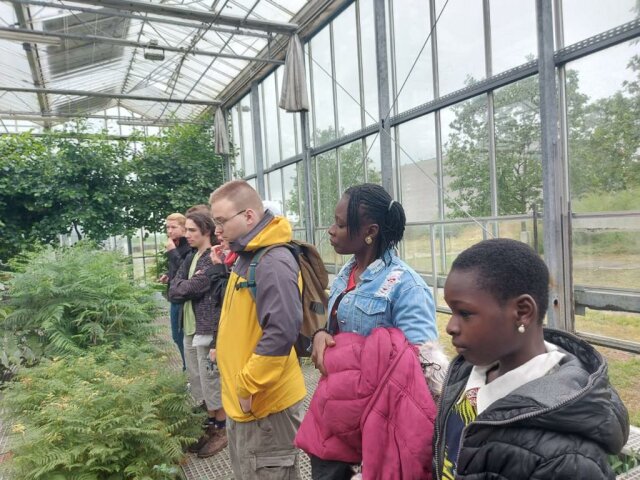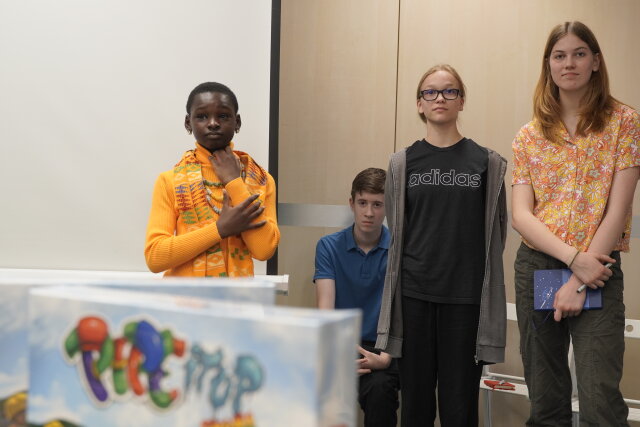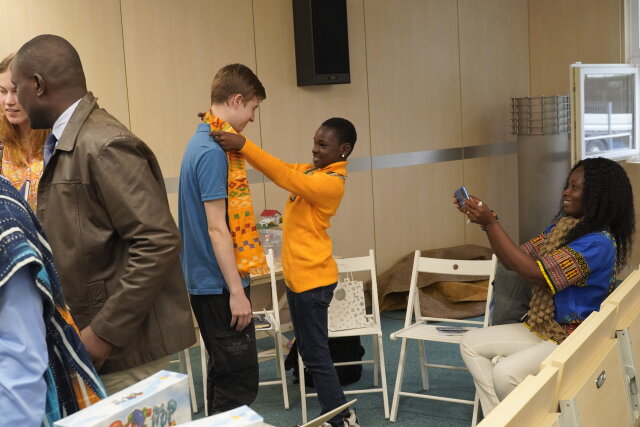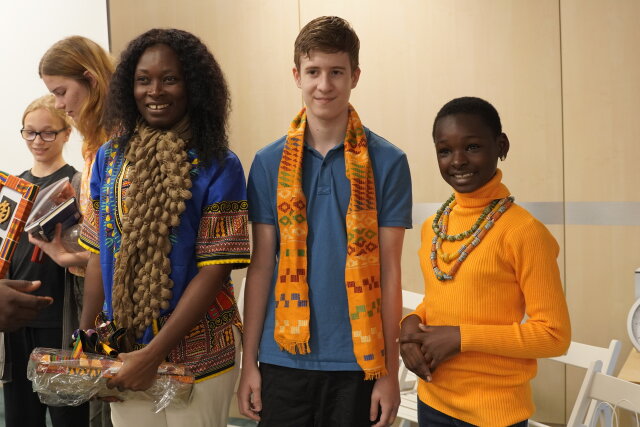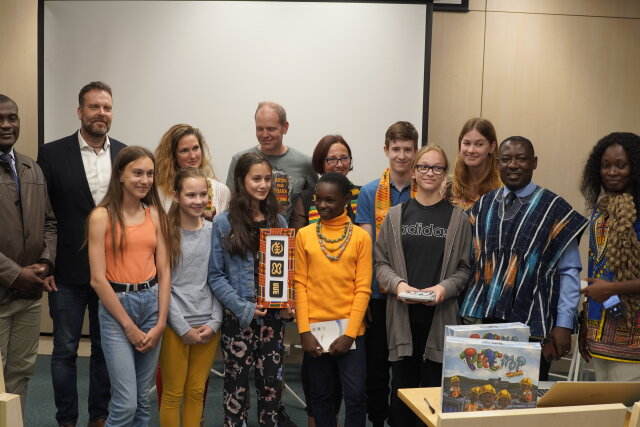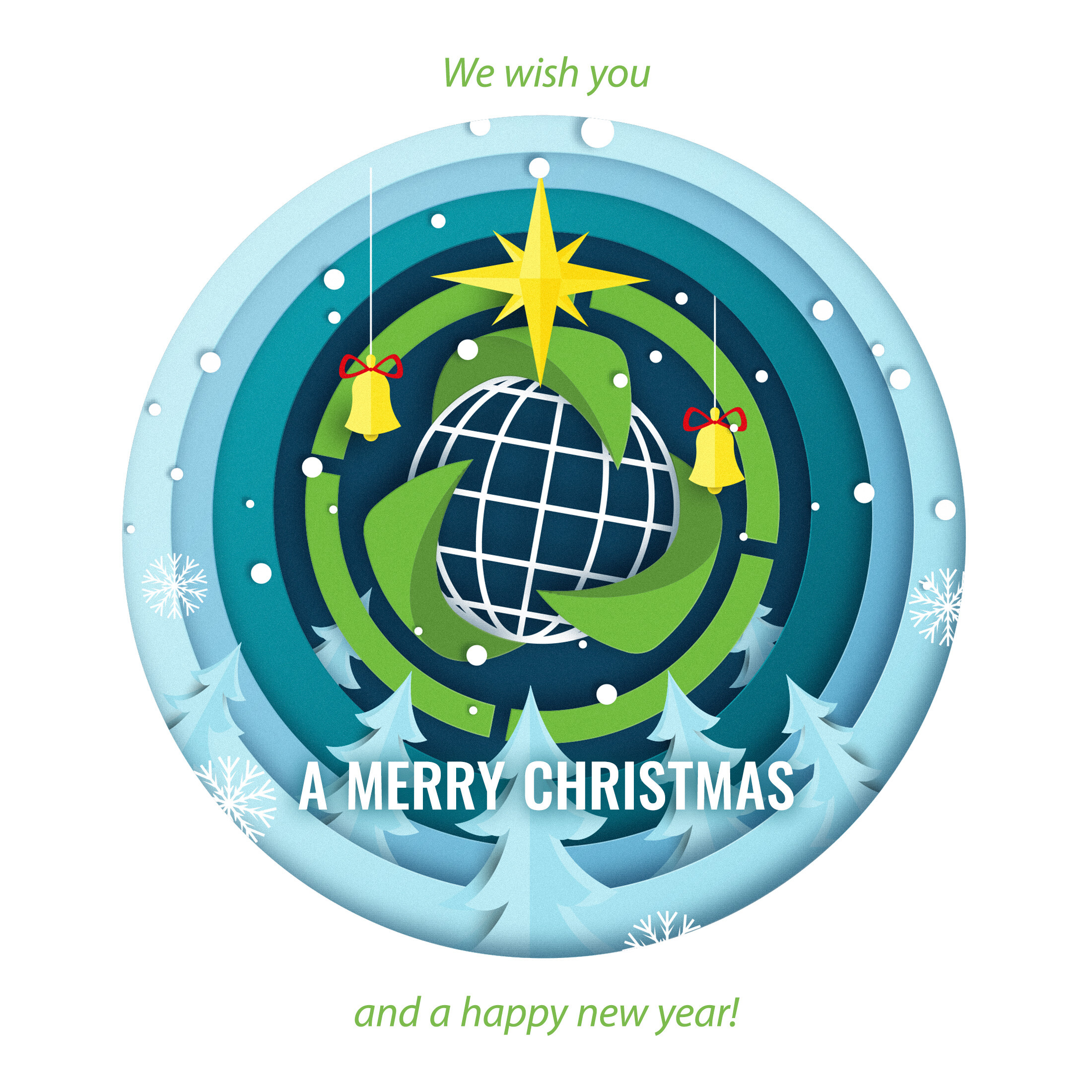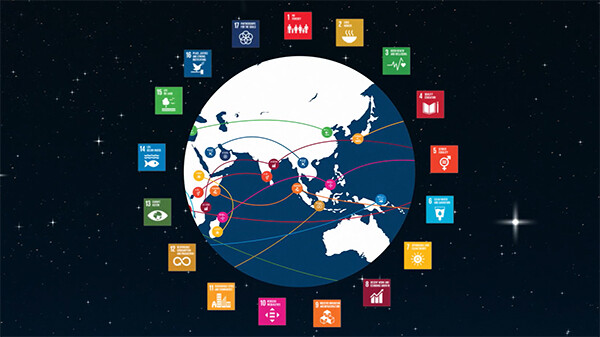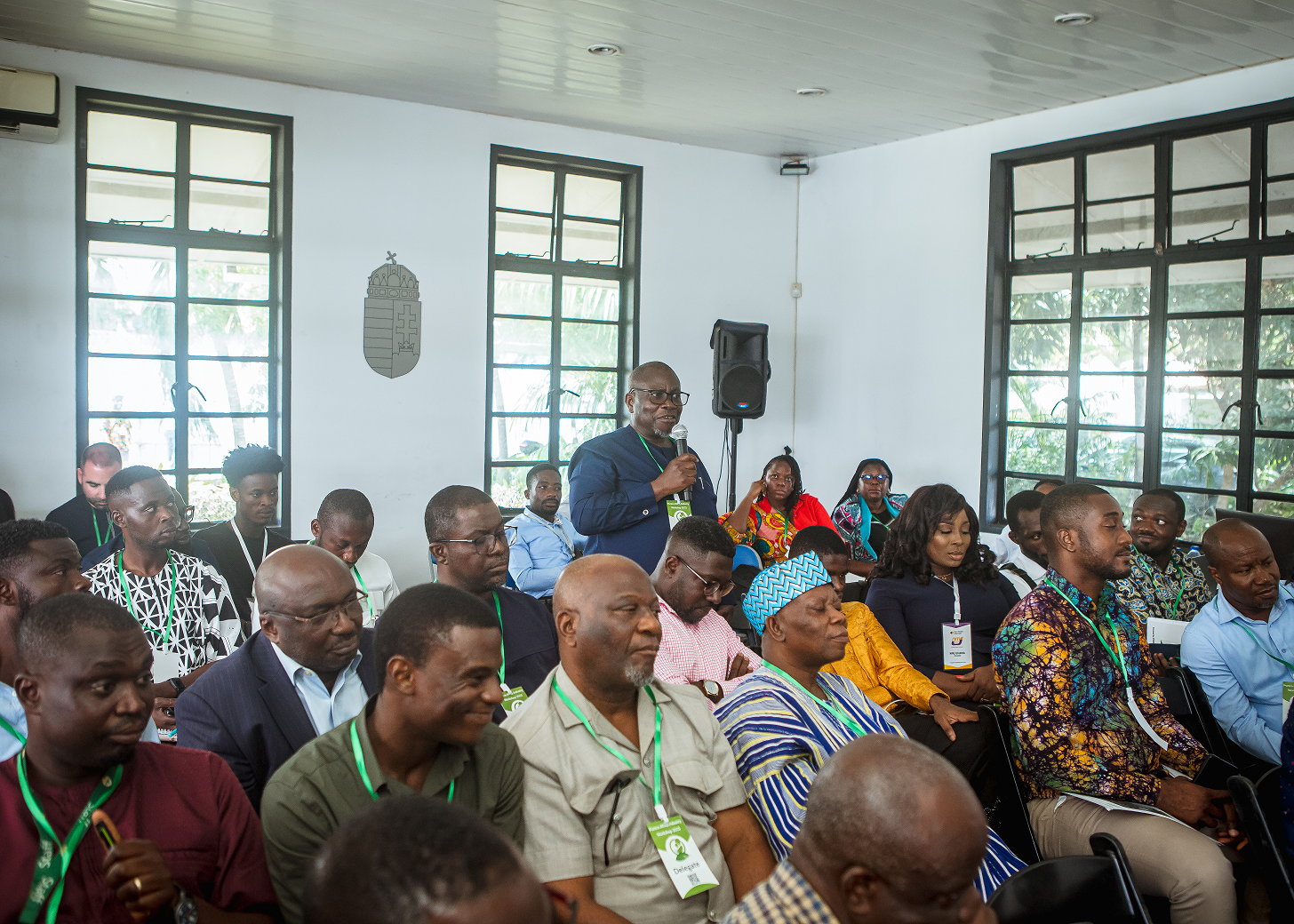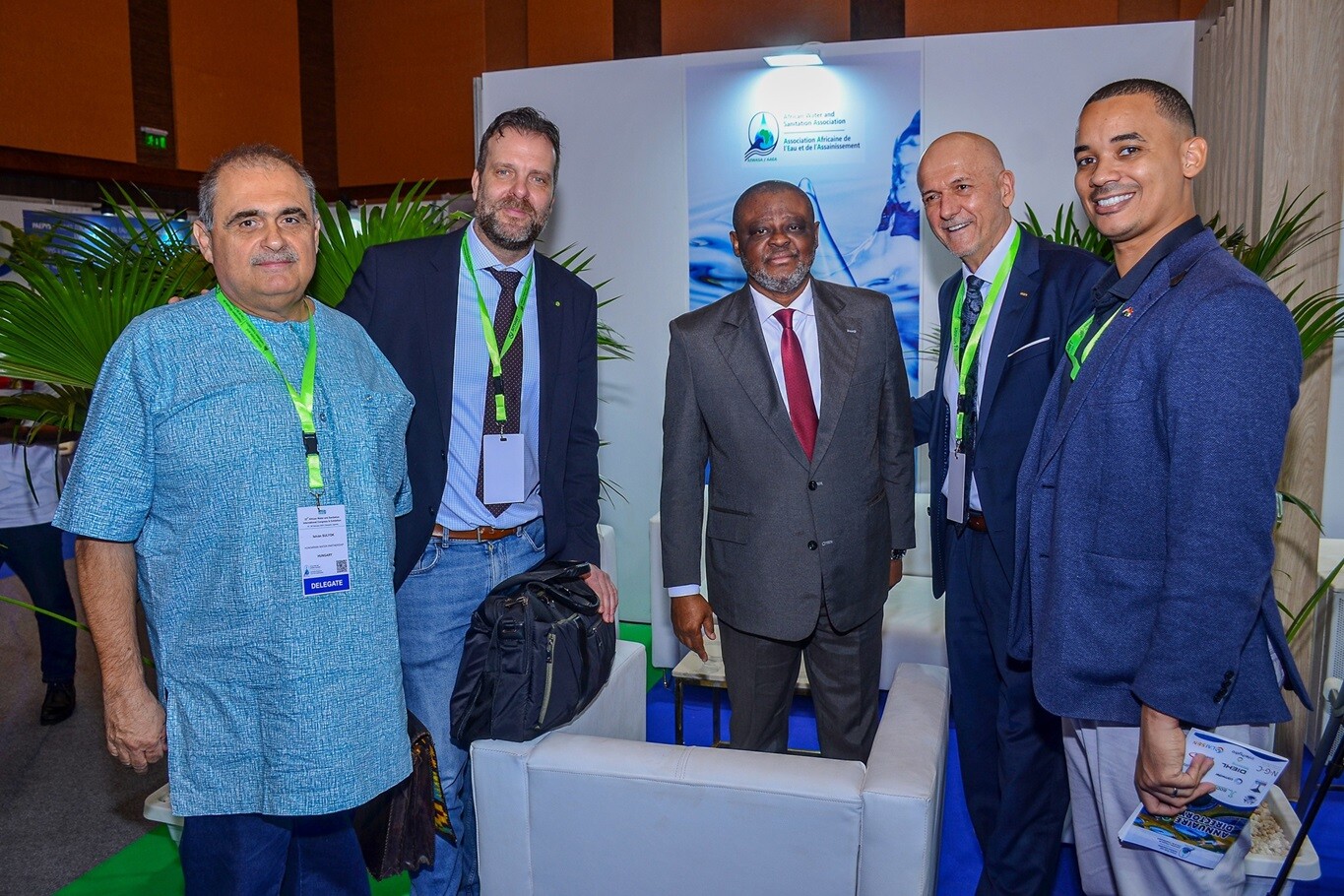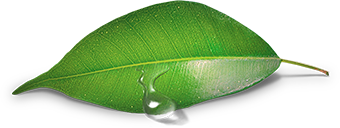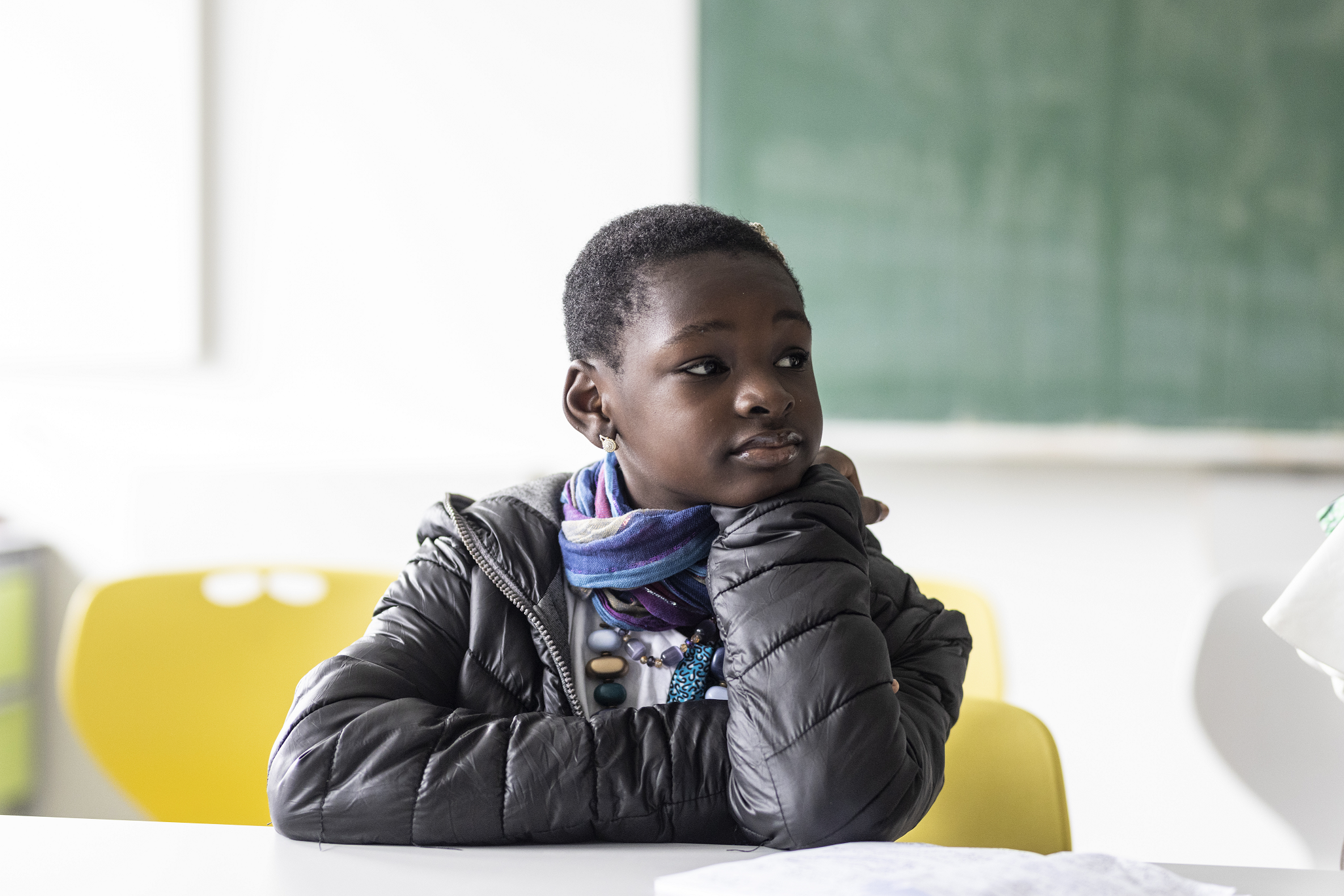
Pureco Hungary hosted a Ghanaian delegation in Budapest between 4-12 June 2023, within the framework of their CSR, awareness-raising programme (Pureco Educational Partnership Program (PEPP)) in Ghana
The PEPP environmental education and awareness programme will help future generations to achieve a more water-conscious lifestyle, and thus a healthier life.
The specific awareness-raising tool of the programme is a board game that provides theoretical and practical environmental education possibilities, especially for children (10-14 years old) and their teachers.
In June this year Pureco Hungary hosted Ohenewaa Gyimah Maame Akua , the 13-year-old Maame, who has been appointed a Child Sanitation Diplomat by the Ghanaian Minister of Environment and Water.
Representing all the children of Ghana and studying the Hungarian sustainability achievements, Maame spent a week in Budapest with her mother and teacher and with a representative of Zoomlion Foundation, our partner in the field of PEPP implementation. The delegation was hosted by the Water Diplomacy Department of the Ministry of Foreign Affairs and Trade, where, in addition to mutual introductions, the Pureco Educational Partnership Program was also presented, having the board game and the results of the PEPP in the focus.
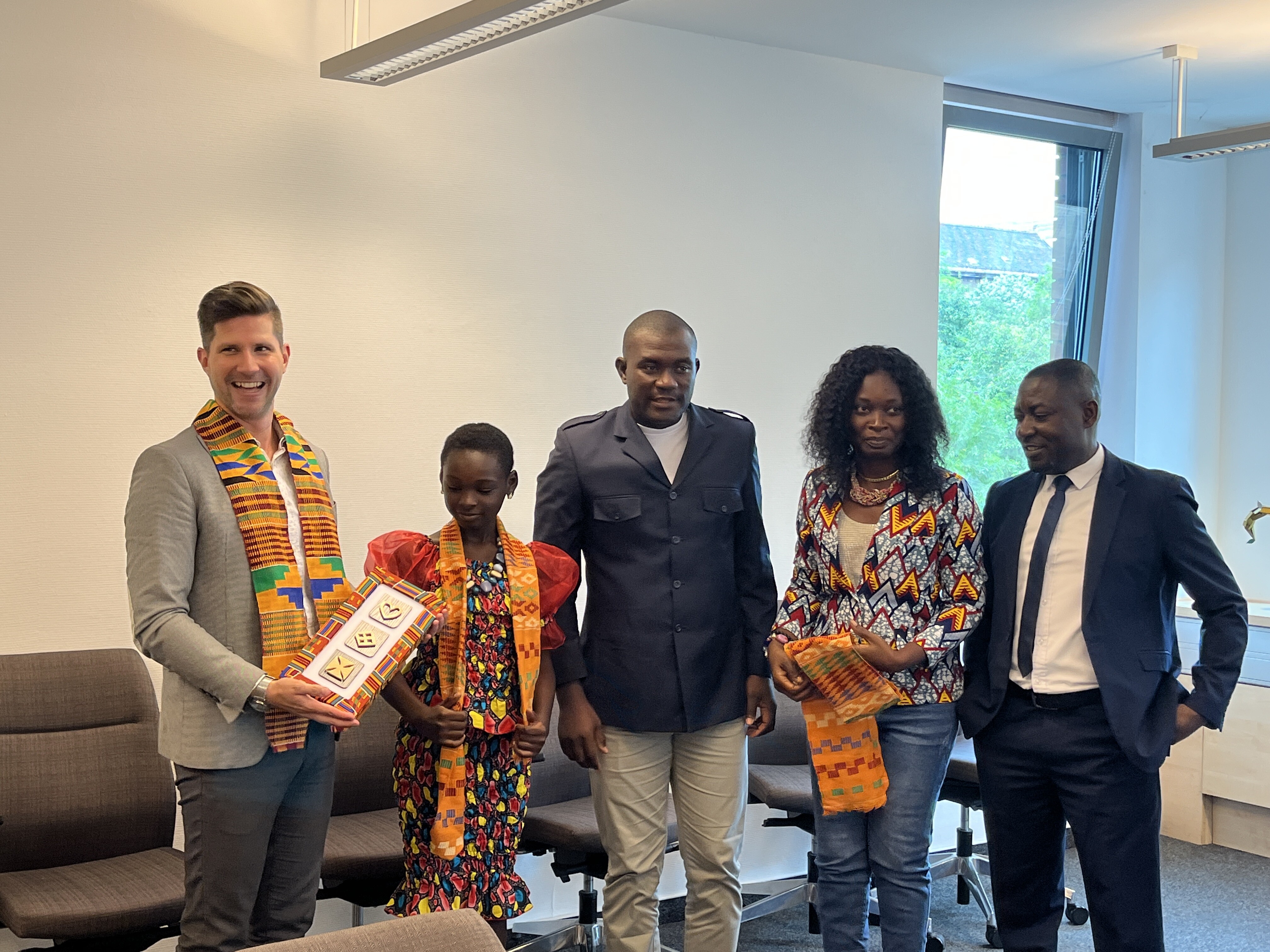
Delegation at the Ministry of Foreign Affairs and Trade
Maame visited the Creascola, the Eighth Grade High School in Budaörs, where she presented the environmental challenges, Ghana is facing. The dialogue that followed the presentation of the Hungarian children also brought up environmental issues not covered in the presentation.
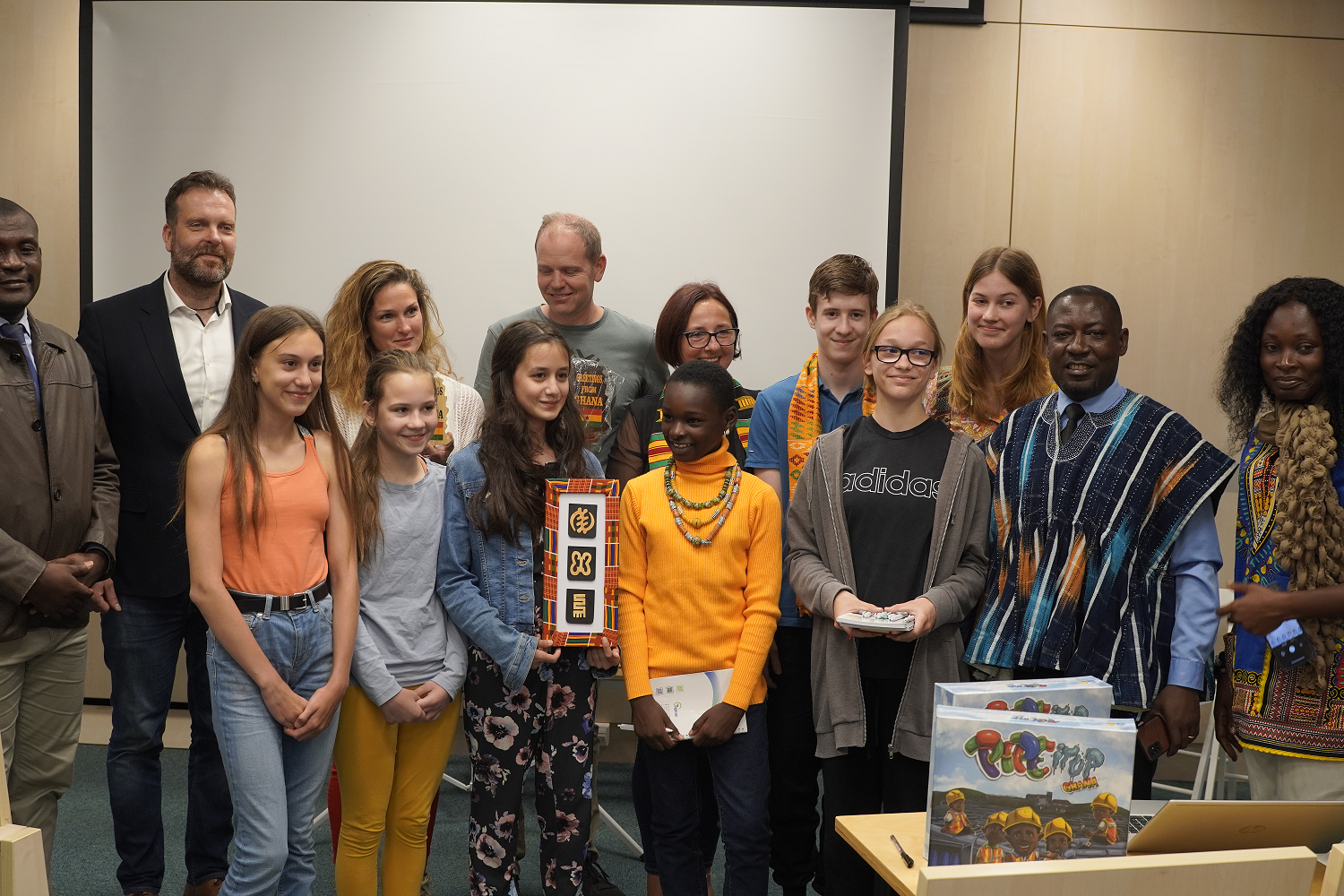
Group photo with the Ghanaian delegation and the Hungarian Children at Creascola
During her visit to the House of Children's Alternative Primary and Secondary School, Maame told the students about how she became a Child Sanitation Diplomat and what her responsibilities are during the year she has been in this position. The Hungarian students presented the national project competition "Love the Earth" and their achievements and had so many questions about Ghana, the climate, drinking water treatment, wastewater treatment and environmental protection that they almost didn't want to let Maame and her companions go. Our Ghanaian partners were impressed by the children's knowledge, their attitude to environmental protection and their project-based problem-solving skills. Maame and a Hungarian student also developed a good friendship, and they spent their Sunday together.
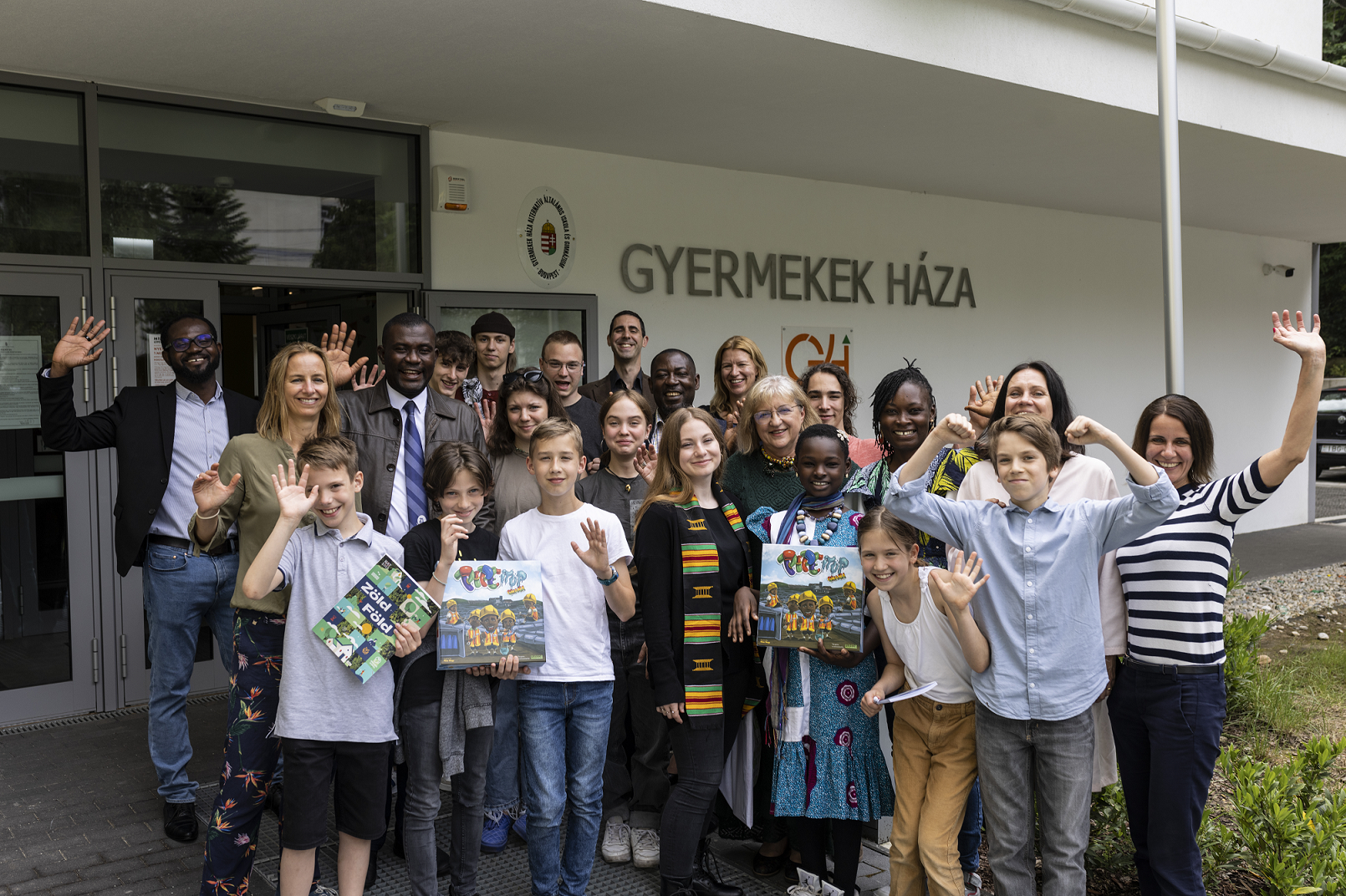
The Ghanaian Delegation with the colleagues of Pureco and with Ms Katalin Czippán Blue Planet Foundation international consultant at the House of Children
In addition to school programmes, our Ghanaian guests also visited two wastewater treatment plants. On Thursday the colleagues of Pureco Hungary introduced them the wastewater treatment plant of Piliscsaba, designed and built by Pureco. With a treatment capacity of 1,300 cubic metres per day and a population equivalent of 10,833, the plant, built with Biocos technology, has been providing excellent treatment results to residents since 2014
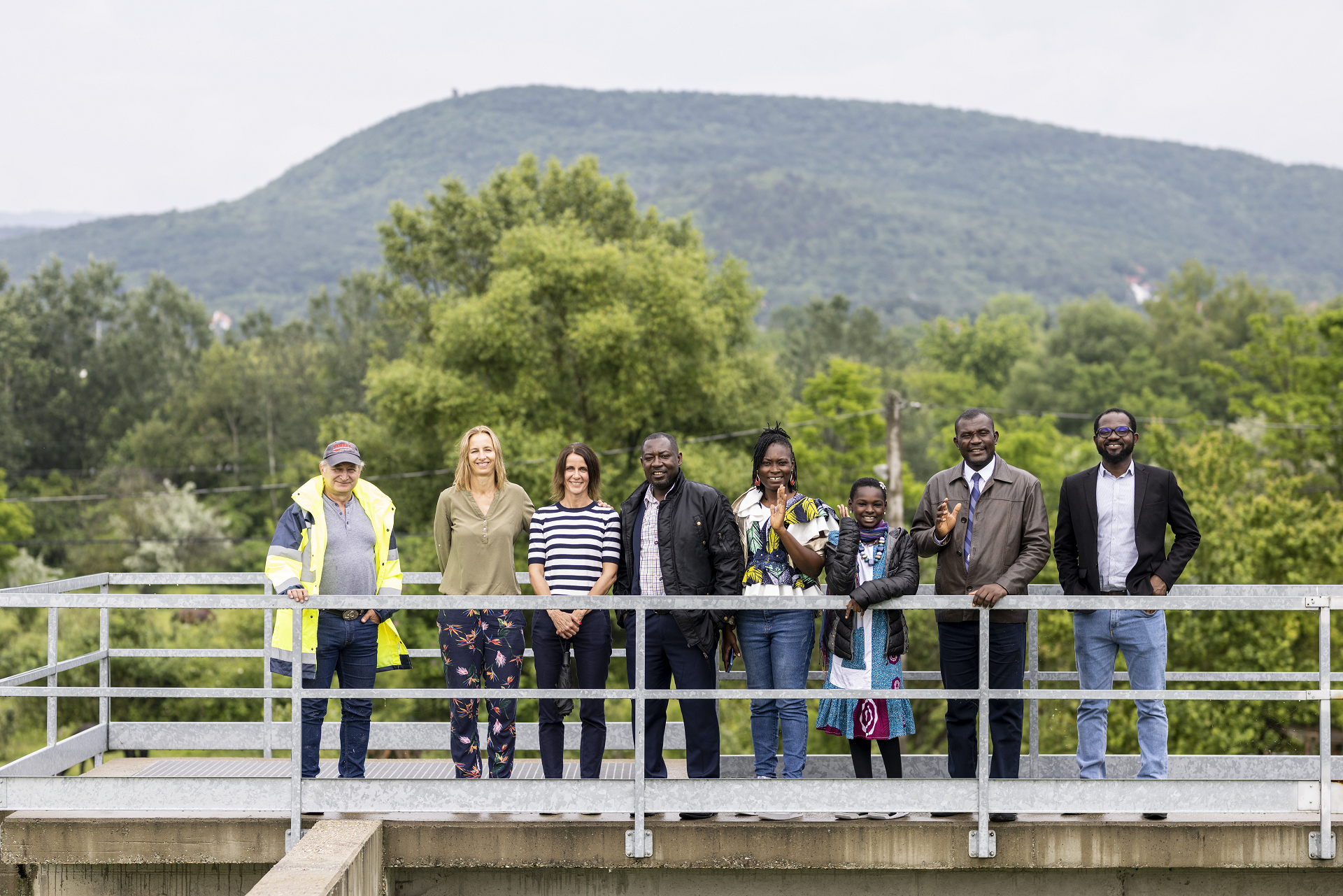
WWTP built by Pureco, Piliscsaba, Hungary
On Friday, they visited the South Pest Wastewater Treatment Plant. This study tour was co-organised by the Hungarian Water Association (HWA). The plant is applying the most advanced and environmentally friendly technology available. The plant receives and treats the wastewater of about 300,000 inhabitants and the industries operating there. The treatment plant has a treatment capacity of 80,000 m3 per day and 22 million m3 per year.
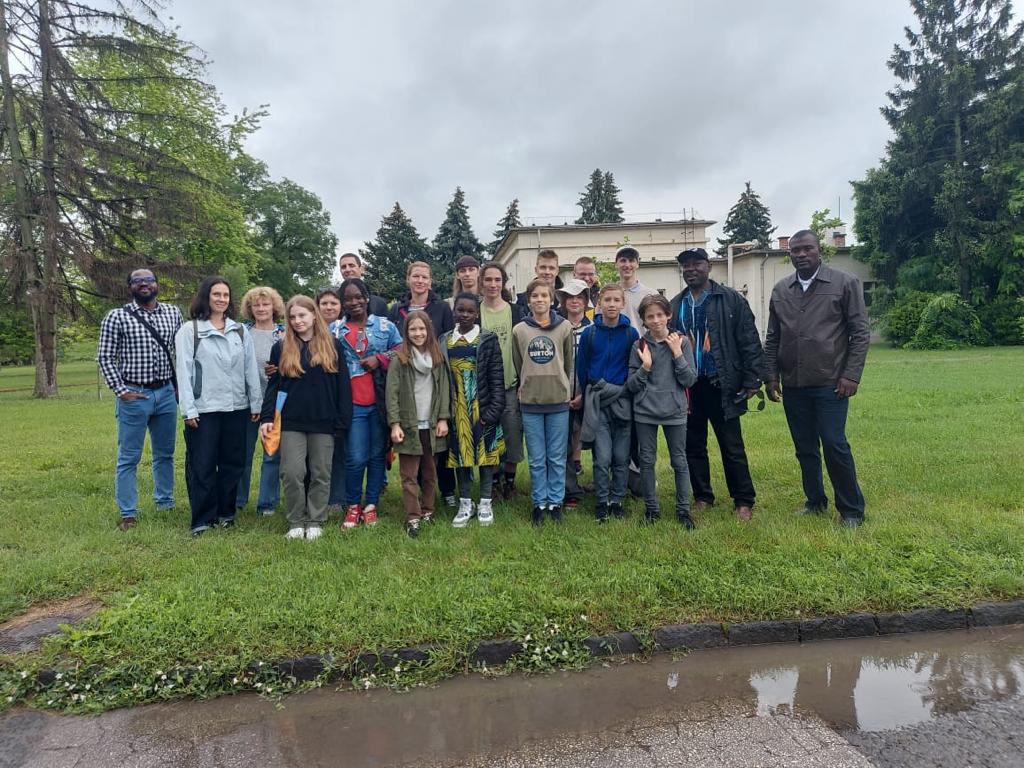
The Ghanaian Delegation and children from the House of Children at the WWTP, Budapest
The Hungarian Water Partnership (HWP) was also involved in the organisation of the week-long programme: a meeting was held for the delegation by two of their strategic partners in sustainability education, the Centre for Sustainable Communities and PontVelem Np. Ltd. and HWP organised a Budapest sight-seeing form them as well.
We are very proud of the fact that our PEPP programme is unique of its kind, as there has never been such a large-scale, cross-continental awareness-raising programme in the water industry (especially at SME level). Not only do we want our projects to be sustainable, but we also want to pass on this message to children. And this one-week study visit was an excellent opportunity to do just that.
